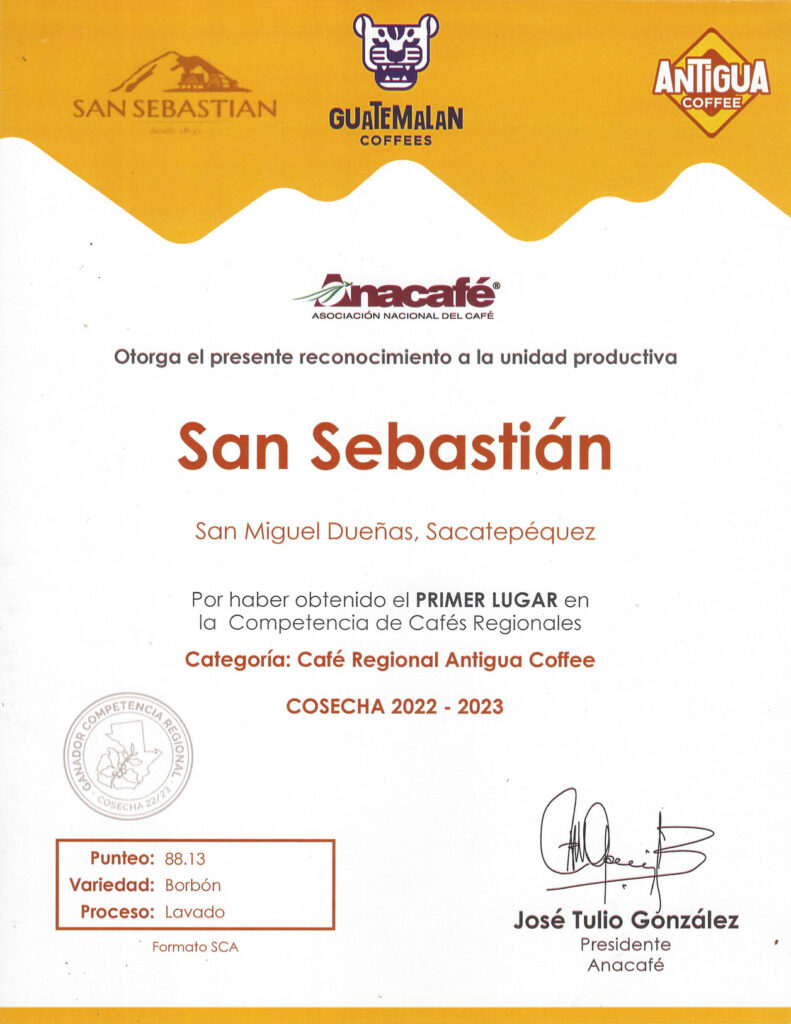At San Sebastián, all the Agricultural, Livestock, and Forestry systems work in harmony with nature. This ensures that the productivity of the crops is the result of environmentally friendly practices that help to conserve native flora and fauna.
One of the main objectives of the plantation is to reuse all the organic waste that is produced through the different production systems. In the case of coffee processing, it involves its by-products, such as husk (dry processing), pulp (wet processing) and honey waters (wet processing).
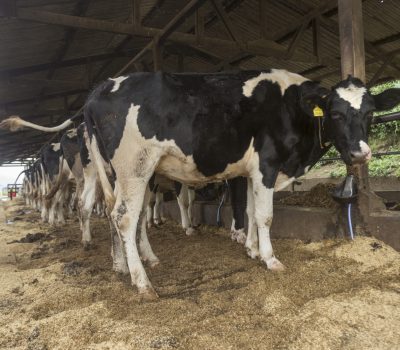
The husk is used within the livestock system as bedding or litter where the cows rest in the feeders, keeping them isolated from rainfall, urine, and manure. By laying the husk we also manage to increase the volume of manure that we collect everyday. This is taken to the Vermiculture area or to the aerobic composting area to be used as a coffee plant fertilizer and for the seedling containers.
The pulp is used as part of the diet for the humus-producing earthworms, this product is used to prepare new coffee planting areas, providing organic matter directly into a hole, where the coffee seedling will be planted.
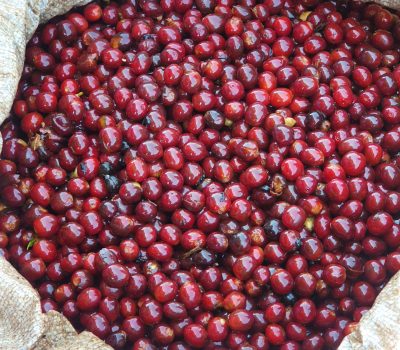
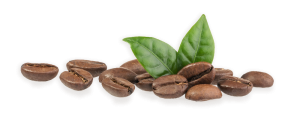
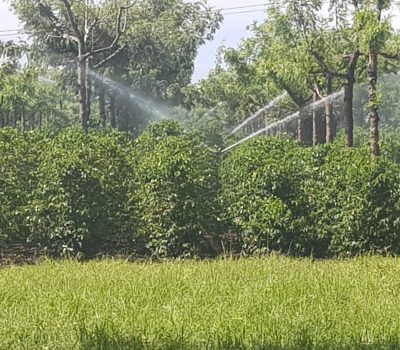
After being recirculated, the honey water produced during the wet processing is added to the water and with manure from the milking room. Then, it is stored in wells or sedimentation pools to stabilize the pH by adding Calcium hydroxide and E.M., a combination of several beneficial microorganisms. Later, the water is pumped and used to irrigate the coffee plants and cow pastures.
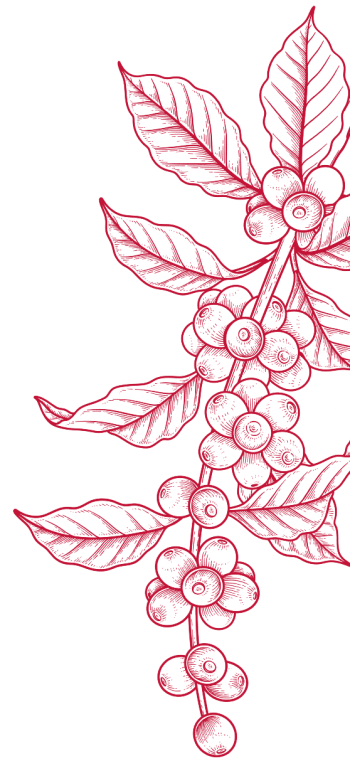
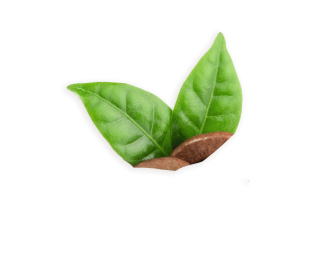
Ecosystem conservation is crucial for San Sebastián.
Different forest species native to the region have been planted to contribute directly to the rest of the flora and fauna subsystems.
In 2008, the San Sebastián Private Nature Reserve was registered at the National Council of Protected Areas (CONAP for its Spanish acronym), by Executive Order 20-2008.
The San Sebastián reserve is a wildlife corridor of great environmental importance with a variety of migratory species from North American. The reserve is the largest of the Guatemalan Central Volcanic Chain Node due to its extension.
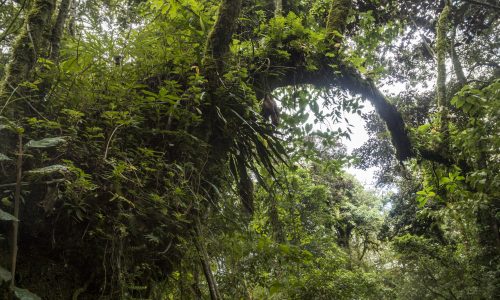
Different forest species native to the region have been planted to contribute directly to the rest of the flora and Macadamia nuts and avocados are part of the agricultural diversification in the plantation. These seasonal products are produced and sold locally while the coffee is not in season. This additional income generating activity contributes to a better income distribution, particularly when coffee sales are difficult, and ensures payment of monthly salaries.
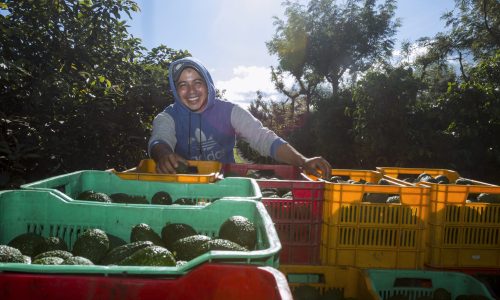
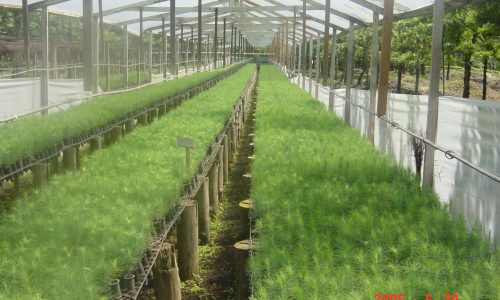
A sustainable forestry system has been implemented at San Sebastián, planting 20 hectares of trees per year in very fertile, moderately sloped, textured, well-drained terrain. The management schedules aim at cutting mature trees and planting new ones in the same area.
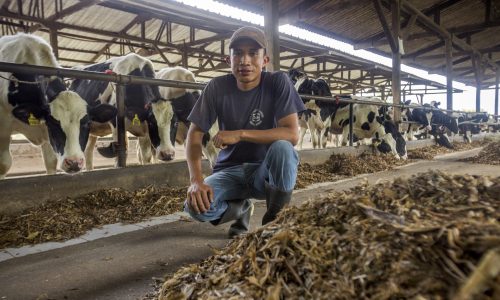
The dairv cattle in the farm has a double purpose. Firstlv. to produce 500 liters of milk per dav to ensure a daily income. Secondly, the most important purpose, to produce manure: part of which is used to feed compost worms and the other part is allocated the organic matter composting area. Its finished product will then be used in the different production systems.
